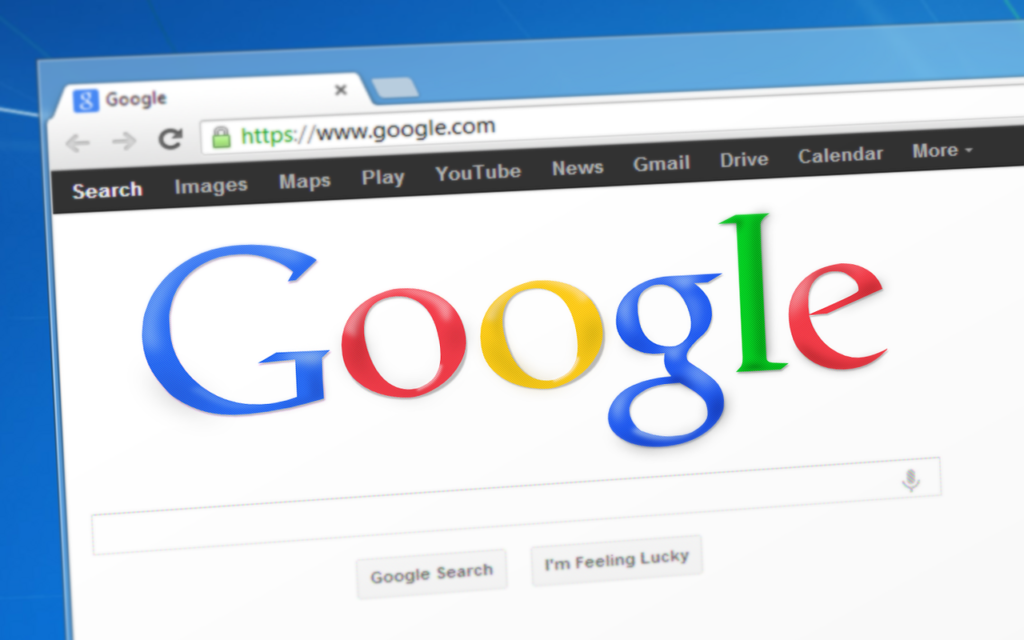Google has recently announced its intention to add a built-in ad blocker to its popular web browser, Google Chrome. Google cites disrupted user experience as its reason for developing the blocker. According to Google, many of the ads placed on the web are intrusive and lead to annoyed users leaving the website. For example, auto-playing video ads and fullscreen pop-ups frustrate users and drive traffic away from websites that show them. Many advertisers have been sent into a panic in the wake of this announcement, as Google Chrome is the most-used web browser in the world. Advertisers are understandably worried about the effects this ad blocker could have on the number of ad impressions received through Google Chrome.
While a Google Chrome ad blocker will make life more difficult for advertisers at first, it certainly isn’t the end of the world. In fact, this shake-up may be beneficial to advertisers. Advertisers will simply need to adapt their advertising strategies and the way they approach audiences. Ten Forbes Agency Council members shared their thoughts on how Google Chrome’s ad blocker will impact advertisers:
1. Not every audience will be affected: “Creating a set of advertising quality standards seems like a natural move for Google. The benefits to users and the company, whose YouTube and AdSense inventory will not be affected, should outweigh the negatives. And although Chrome is dominant amongst internet users, advertisers with audiences that primarily use other browsers won’t see a significant change.” — Nina Hale, Nina Hale, Inc.
2. Advertisers will be forced to create superior ad experiences: “With a majority of the U.S. using the Chrome browser, a built-in ad-blocker will impact the ad industry for the better. By Google controlling which ads are shown to users, it will create a less cluttered ad environment and block “bad ad” experiences (pop-ups, sliders and auto-play sound-on videos). This would force the industry to start creating and enforcing standards on acceptable ad experiences.” — Ashley Walters, Empower MediaMarketing
3. Influencer marketing will become vital: “As ads become less visible, other forms of advertising will become more vital, including influencer marketing. Influencer marketing is one of the best ways to bypass ad blockers and engage with potential consumers directly, by sending your message through someone they trust and value for product and service recommendations. The key with influencer marketing is to choose authentic influencers.” — Joey Kercher, Air Fresh Marketing
4. ROI will improve and waste will be reduced: “This change might seem scary, but in reality, it will only drive better ROI. Advertisers want to pay for ads that perform; intrusive ads and those that aren’t relevant don’t perform. This might be the incentive needed for advertisers and publishers to focus on quality experiences that target the best audience. After all, if your ad gets blocked for any reason, you’re not paying for it.” — Dan Golden, Be Found Online
5. Ad publishers may be forced to switch their ad network to Google: “Presumably, Google is not going to block its own display network of ads. Advertisers can simply pour more budget into Google’s display network and the traditional search network of ads. It may force some ad publishers to switch their advertising network over to Google in an effort to keep ads displaying. For advertisers, it may mean a reallocation of budgets.” — Peter Boyd, PaperStreet Web Design
6. Ads will evolve into consumer-centered branded content: “Google has done a great job appealing to their users’ best interest: Users are being bombarded by ads and they are becoming skilled at tuning them out. Though the most immediate impact will likely affect ad placement, the long-term impact would be to slowly migrate towards consumer-centered branded content that addresses the customers’ interests and needs, rather than the advertised products.” — Ahmad Kareh, Twistlab Marketing
7. More advertising will shift to social media: “This change could drive a migration of web advertisers to social media. It is an important time to start these conversations with your clients so that they’re prepared for this shift ahead of time. While Facebook and Instagram have strong targeting capabilities, advertisers will need to invest in video content in order to make their product stand out.” — Jennifer Hawkins, Hawkins International Public Relations Inc.
8. Advertisers will need to get creative in their approaches: “Without being able to use pop-up advertising, advertisers looking to target Chrome will have to be more strategic and creative in their approach. For example, one way around this is to advertise on a websites’ skin, where the pop-up blocker wouldn’t recognize it as an ad. Sites like The Weather Network offer this, with options to target your product based on relevant weather forecasts.” — Brock Murray, seoplus+
9. Earned and sponsored media content will be essential: “As paid advertising display opportunities are increasingly snuffed out, a greater onus must be placed on earned and sponsored media content to pick up the slack. Advertisers need to expand beyond traditional media silos and work in tandem with their PR to ensure that media strategies are well-rounded and incorporate robust earned media, organic social outreach and influencer relations components.” — Joey Hodges, Demonstrate PR
10. Maybe the ad blocker won’t even come to fruition: “I doubt regulators will let this happen because it’s a blatant move against free competition. Google is primarily an ad platform so it has too much skin in the game to be unbiased about “acceptable” ads. Ad blocking also doesn’t solve the underlying “problem.” People don’t inherently hate advertising, they hate bad ad experiences. This is the issue that the industry should focus on solving.” — Julien Verdier, Adyoulike
Read more here:

